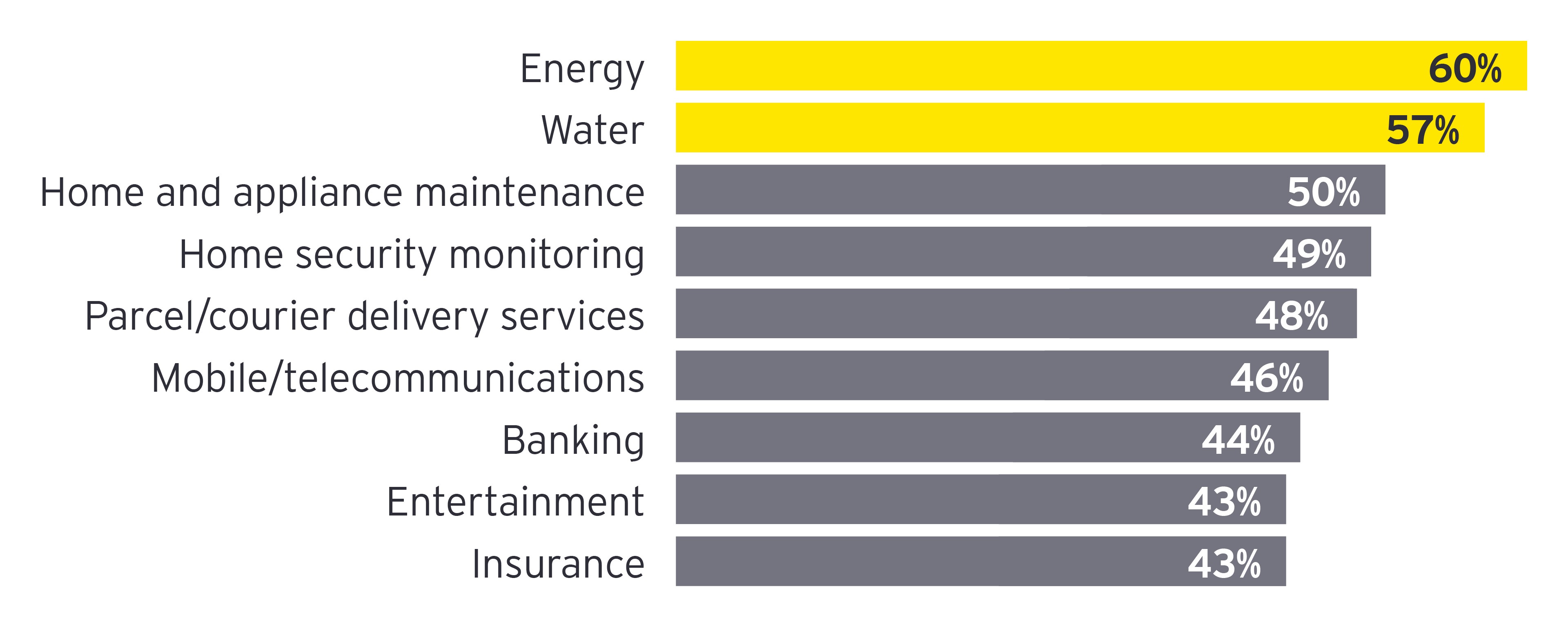Mind the gap between expectations and satisfaction levels
This recent experience provides stark evidence of the need to transform the UK energy market and drive its transition from fossil fuels to renewables. Energy suppliers must also reshape their own organisations to better understand exactly what customers want, and then make changes to meet these evolving expectations.
With the aim of finding the answers to these questions, EY surveyed 2,000 UK energy consumers (part of a survey of 34,000 consumers across 17 countries), discovering an alarming gap between expectations and satisfaction levels. For functional factors such as reliability, affordability, convenience and bill transparency, the gap was 8%. But across more emotional factors, including treating customers fairly, rewarding loyalty, supporting sustainability, and caring about customers and the community, the performance gap is more than double that (17%).
This is a major challenge to energy suppliers – and an opportunity. Those companies that build a better customer experience can find paths to growth even in tough conditions and help drive the fundamental industry-wide change that will create a more sustainable energy future.




